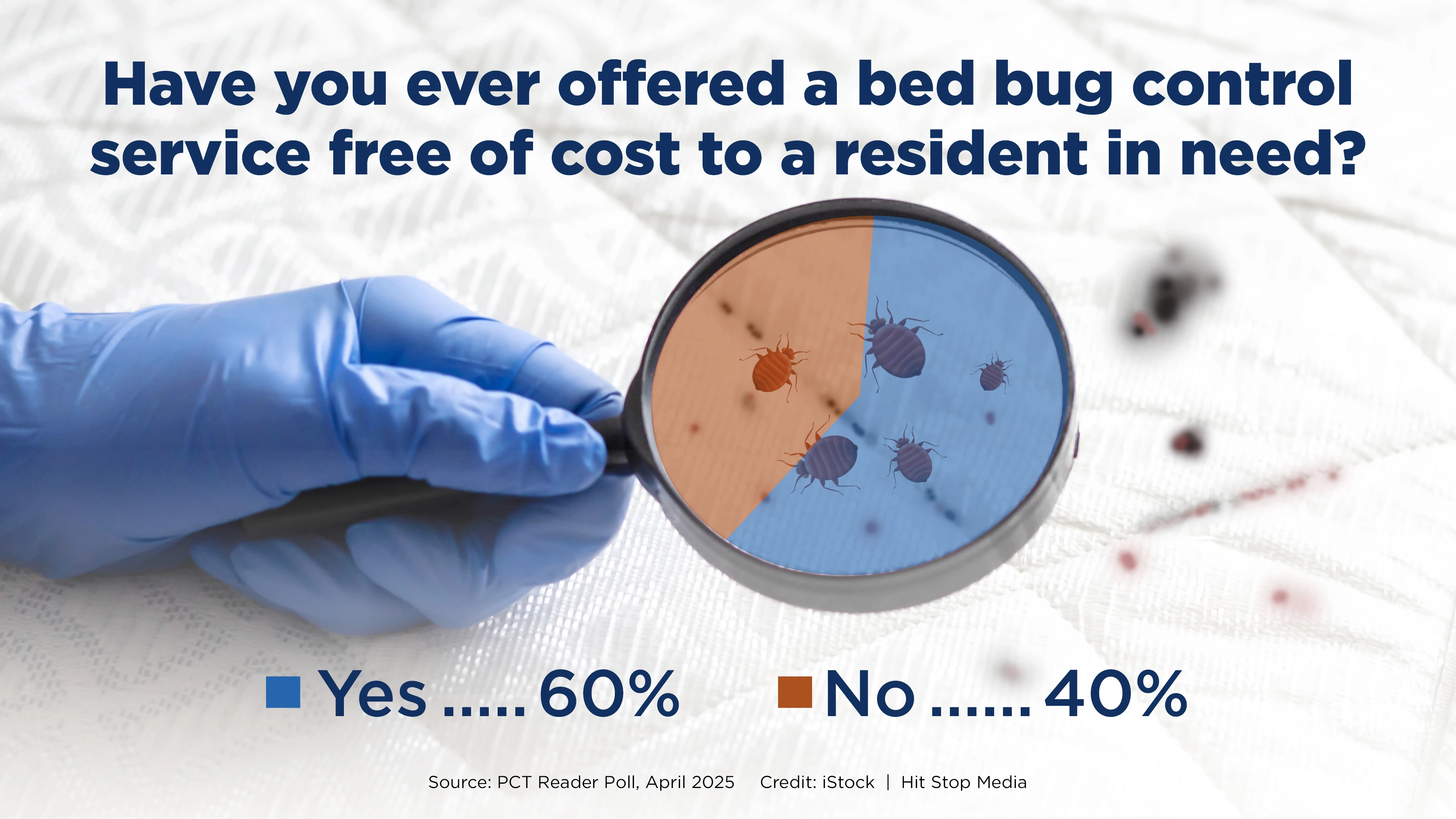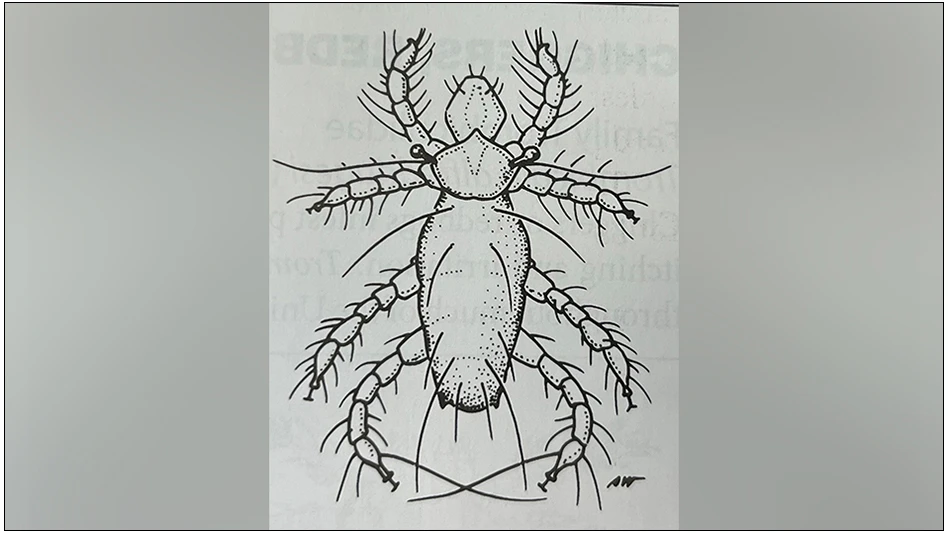
According to the U.S. Bureau of Labor Statistics, the average wage for pest control workers in the U.S. in 2014 was $32,850; for all occupations in the U.S. it was $47,230.
According to the 2015 PCT-NPMA Compensation and Benefits Survey, average compensation for specific pest management jobs was above and below these amounts.
Respondents were asked to report the projected (or actual, if already awarded) average pay increase this year for each of the 11 listed positions. Across all positions, the average pay increase provided this year by pest management companies was 2.6 percent, found the survey. Merit was the basis for most increases, followed by cost-of-living adjustments.
Phil Cooper of Cooper Pest Solutions would like “to see the quality of our people’s lives go up but you can only do that as much as the marketplace will allow.” Mike Scholes of Reliable Pest Solutions agreed. In our industry “we do pretty well” when it comes to compensating employees, but low-price competitors and rising taxes and health care costs make this difficult, he said.
Companies can’t give raises without raising prices, observed Peter Wonson of General Environmental Services. PMPs have to get “valued commercial business to accept a five percent increase — or whatever it is every year — so you can pay your [employees] more,” he said.
And that means a decent wage. “The day of minimum wage workers in this industry is over and has been for quite some time,” said Tracy Rice, president of Rice Pest Control, an Anniston, Ala.-based company that employs 15 during peak season. “When you have people with as much responsibility as you have now with the technology that’s out there, you cannot reasonably expect to hire anybody at a low wage and expect them to perform properly,” he said.
“Money is important, but it’s not everything,” cautioned Brad Parker of Parker Pest Control. “You don’t hire the best employees and keep them as employees just because you pay them more,” he said.
Respondents were asked to report the average number of hours worked per week by full-time employees in each position they had (of the 11 listed). Across all positions, employees worked an average of 43.8 hours a week found the survey. Typically, companies paid overtime for customer service representatives and service technicians (pest, termite, wildlife, lawn); most did not pay overtime for managers (general/branch, office, service, sales) or salespeople.


Explore the January 2016 Issue
Check out more from this issue and find your next story to read.
Latest from Pest Control Technology
- Target Specialty Products, MGK Partner for Mosquito Webinar
- Cockroach Control and Asthma
- FORSHAW Announces Julie Fogg as Core Account Manager in Georgia, Tennessee
- Envu Introduces Two New Innovations to its Pest Management Portfolio
- Gov. Brian Kemp Proclaimed April as Pest Control Month
- Los Angeles Ranks No. 1 on Terminix's Annual List of Top Mosquito Cities
- Kwik Kill Pest Control's Neerland on PWIPM Involvement, Second-Generation PCO
- NPMA Announces Unlimited Job Postings for Members





